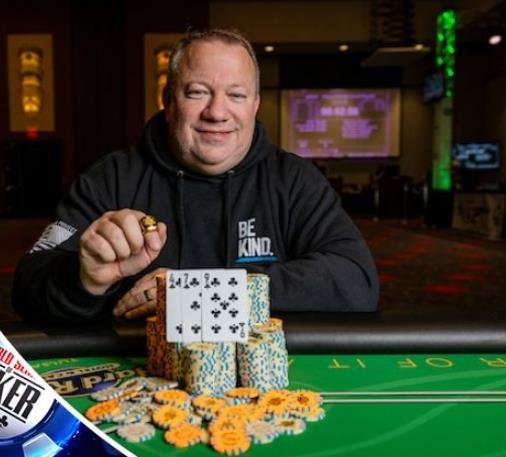The Philippines has seen a remarkable surge in gambling revenue, reaching a historic high of PHP410 billion ($7.16 billion) in 2024, reflecting a 24.6% increase compared to the previous year. This growth, as reported by the Philippine Amusement and Gaming Corporation (Pagcor), was largely fueled by the expansion of the country’s online gambling sector.
Online Gambling Pushes Revenue Growth
A key driver of the impressive growth in the Philippines’ gambling industry has been the rapid rise of online gaming, particularly iGaming. Pagcor Chairman and CEO Alejandro Tengco highlighted that the iGaming sector experienced an extraordinary 165% increase in revenue, totaling PHP154.51 billion ($2.7 billion). This surge marks a significant shift in consumer preferences as more players flock to digital gaming platforms.
“iGaming has transformed the gambling landscape in the Philippines,” Tengco remarked at the ASEAN Gaming Summit on March 18, underlining the sector’s growing importance. The sector, which Pagcor refers to as ‘E-Games,’ encompasses a variety of online gambling activities, including casino games and internet-based bingo.
The growth trajectory of the online gambling sector has been nothing short of remarkable. By September 2024, iGaming had already exceeded its full-year revenue target of PHP100 billion ($1.75 billion), signaling an overwhelming preference for digital gambling options. With the success of this sector, it’s clear that the digital shift is reshaping how people engage with gambling in the Philippines.

Land-Based Casinos Still Lead, But Online is Catching Up
While online gambling has enjoyed explosive growth, land-based casinos in the Philippines still hold a dominant position in the market. These traditional establishments generated PHP201 billion ($3.5 billion) in gross gambling revenue (GGR) in 2024, maintaining their lead over the digital platforms.
Despite the rapid expansion of iGaming, it’s clear that land-based casinos continue to attract a substantial portion of the market, thanks to the robust experience they offer. With millions of tourists flocking to resorts and casinos across the country, the physical casino sector remains a cornerstone of the Philippine gambling industry.
However, there’s no denying the momentum of online platforms, which are showing a growing share of the total market. Industry observers have pointed to the convenience and accessibility of online gambling as crucial factors behind the sector’s success.
A Shift in Consumer Preferences
The shift towards online gambling reflects broader trends in consumer behavior, with more people opting for digital solutions in various aspects of their lives. Online gambling offers a level of convenience and accessibility that land-based casinos simply can’t match. Players can enjoy a wide range of games from the comfort of their homes, making it an attractive option for a younger, tech-savvy generation.
This shift is also a result of targeted marketing efforts by online gambling platforms, which have successfully reached new players through digital advertising and social media. As mobile gaming continues to grow in popularity, the online gambling market in the Philippines is expected to keep expanding in the coming years.
The growth of iGaming has also led to increased investments in technology and innovation, ensuring that players have access to high-quality, engaging gaming experiences. Whether it’s through virtual reality casinos or enhanced mobile gaming apps, the iGaming sector is poised for even more growth.








